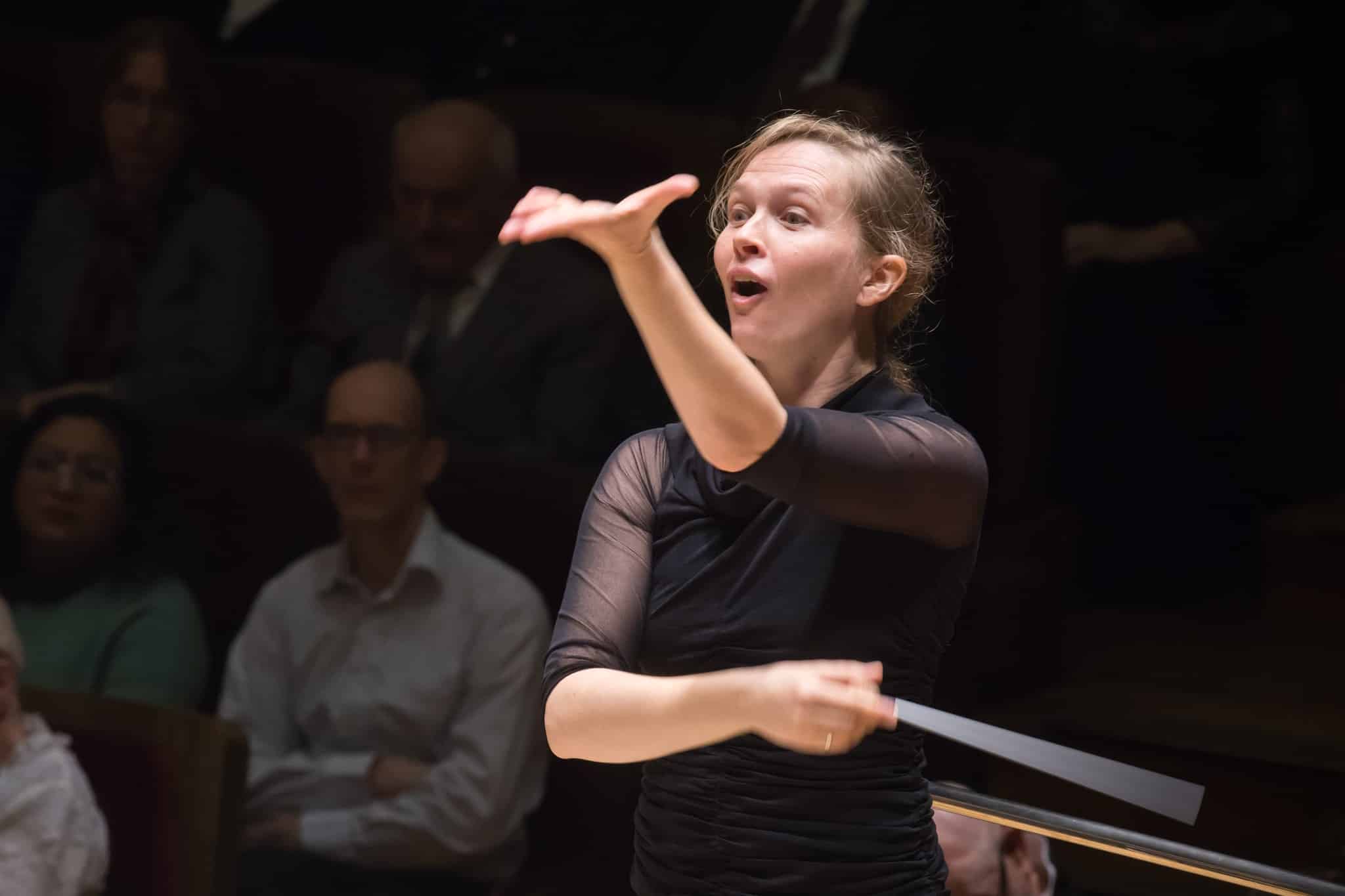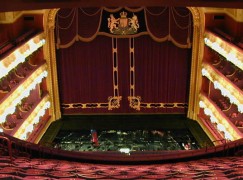A diversity warrior says classical music has not changed
NewsA new front has been opened in the diversity wars by Kristina Kolbe, assistant professor in Sociology of Arts and Culture at Erasmus University Rotterdam and a visiting fellow at LSE’s International Inequalities Institute.
In her new book, ‘The Sound of Difference: Race, Class, and the Politics of ‘Diversity’, published by Manchester Univertsity Press, Kolbe maintains that classical music is not trying hard enough to diversify.
Sample promotional text:
As the gap between rich and poor continues to widen, and white supremacy and ethno-nationalism gain further traction, cultural institutions become ever more vital spaces for achieving both creative and social justice.
Yet these very spaces are themselves often riddled with inequalities tied to race, class, gender, or disability. While a host of diversity, equity, and inclusion (DEI) strategies have been embraced to address these issues, their actual effectiveness in dismantling inequalities is heavily debated, most notably by feminist, decolonial and critical race scholars: see eg, Ahmed (2012), Gray (2016) and Saha (2018), amongst many others.
In my book The Sound of Difference: Race, Class, and the Politics of ‘Diversity’ in Classical Music, I turn to the field of classical music to explore how and under which institutional conditions diversity initiatives may challenge exclusionary structures – and when they might unwittingly reinforce them. Classical music has long been tied to Eurocentrism, elitism and institutional whiteness – and institutions like opera houses, orchestras and conservatoires still tend to serve as places of “highbrow” culture, where access to both consumption and production is often mediated through race and class: see eg, Bull (2019), Ewell (2020) and Scharff (2018). This makes the sector particularly apt when it comes to studying the role of diversity in the cultural industries.
… One central argument developed through these data is that diversity can function as a “non-performative” concept, to use the term coined by feminist theorist Sara Ahmed. This means that diversity policies often only signal change without actually enacting it.
This seems to hold true in particular for a hierarchised field, such as classical music. To be sure, my research highlights how diversity projects can sometimes help tackle institutional inequalities, for instance by opening up spaces for creative collaborations, for critical political dialogue, and for reviewing unequal labour conditions in the sector. Too often, however, diversity discourses contribute to the endurance of white middle-class social dominance. In these cases, discourses of diversity, openness and inclusion help conceal continuing structural regimes of inequality – and even actively contribute to the remaking raced and classed hierarchies. In classical music institutions, this happens especially when potentially transformative creative practices are absorbed back into the dominant production logics of white, “western”, highbrow institutions, reducing diversity work to merely a formal gesture…
There’s more here.






Comments